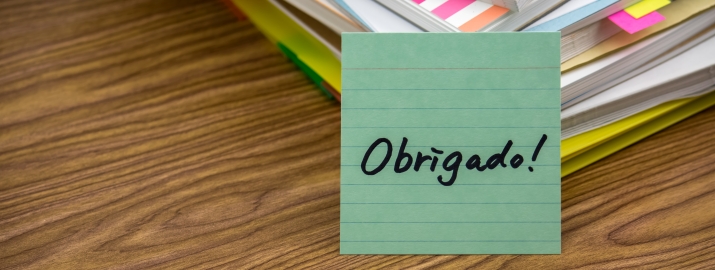
Basic Education: First, Second and Third Cycle
A basic education (Ensino Básico) is compulsory in Portugal. Public schools for basic education are free for citizens and foreign residents. For private schools, you should get ready to pay around €400-500 a month, plus enrollment and book fees, which can cost around €600.
Basic education includes children between six and fifteen years of age, and it lasts for nine years. It is divided into three cycles, namely the first, second, and third cycle.
The First Cycle
This cycle corresponds to primary school and consists of four years. There is only one teacher assigned for the first cycle, although there may be different teachers in specific areas to assist.
The curriculum consists of the following subjects: Portuguese, Sciences, Maths, Arts, Sports, and English (English begins in the third and fourth grade).
The process for admittance to the first cycle of education is as follows:
- You prepare a list of your top-five schools as long as they have a vacancy
- You submit your list of preference
- The schools evaluate the applications and give priority to children whose parents work or live near the school
- You enroll your child in the school which has the vacancy
The Second Cycle
This cycle corresponds to the fifth and sixth grades. The curriculum includes the following subjects: Portuguese, English, History, Geography of Portugal, Maths, Sciences, Physical Education (PE), Visual Education, Information Technologies, and Music.
The Third Cycle
This cycle corresponds to the seventh, eighth, and ninth grade. Schools add the following subjects in the third cycle: Second Foreign Language (Spanish, French, or German), History, Geography, Chemistry, and Physics.
The second and third cycles have to include 25 hours of education per week. In addition to this, it is up to the children to choose moral and religious education, so they are not mandatory.
Secondary Education (Ensino Secundário)
Secondary education in Portugal corresponds to high school. In secondary education, students must choose their courses following their preferences. For example, if they want to pursue a university education, they must select one of the following fields in high school:
- Sciences and technologies
- Socio Economic sciences
- Languages and humanities
- Arts
If students want to learn professional and practical competencies, they must choose their courses according to that. When they finish secondary education, they will take an exam, and their exam’s grade is added to their final grade.
Higher Education
You can find public, private, and international universities in Portugal. Compared to public ones, private universities provide better education in Portugal. On the other hand, as an expat, you can enroll your child in an international college as well.
What is good about international schools is that they teach in English and follow international standards of education. University degrees consist of three parts, namely; Bachelor’s degree (Licenciatura- three years), Master’s degree (Mestrado- two years), and Doctorate (Doutoramento).
